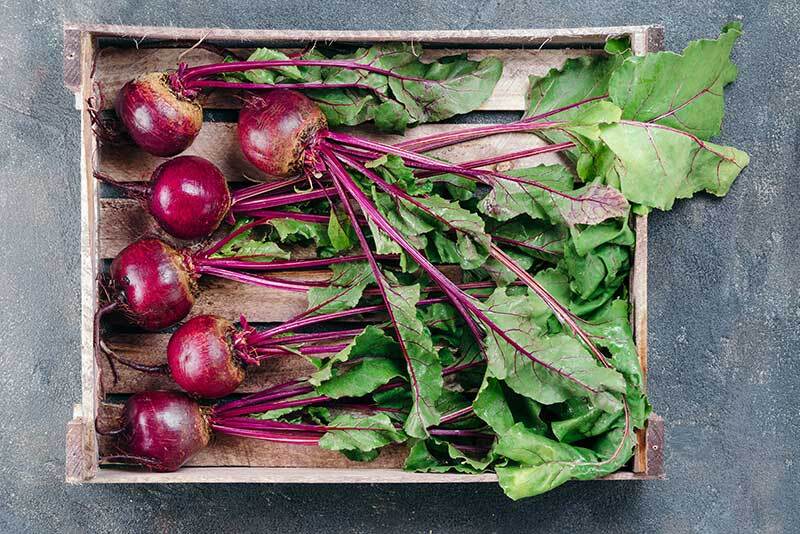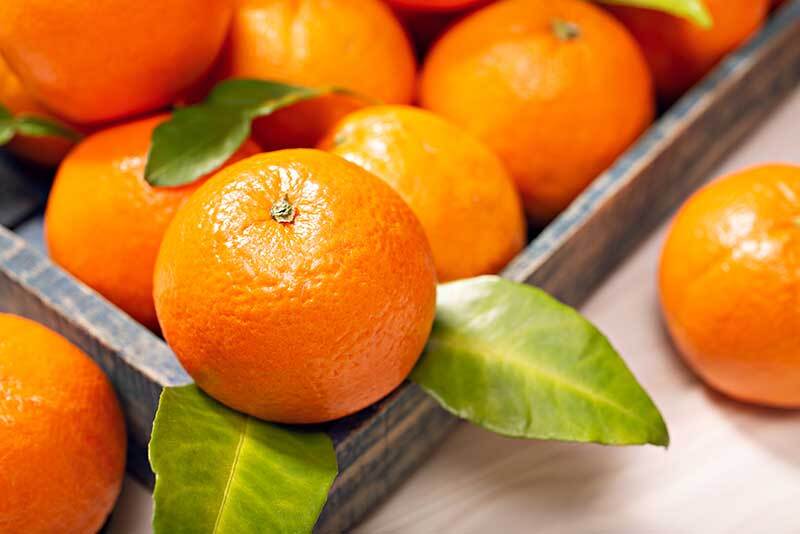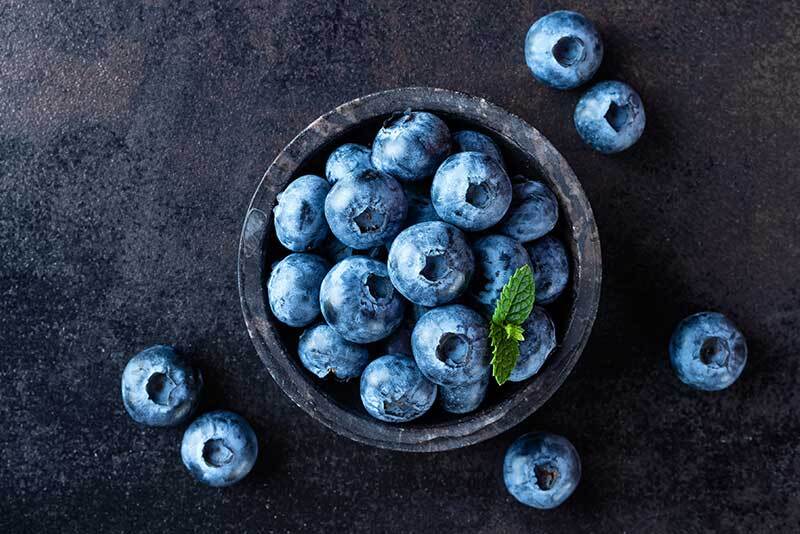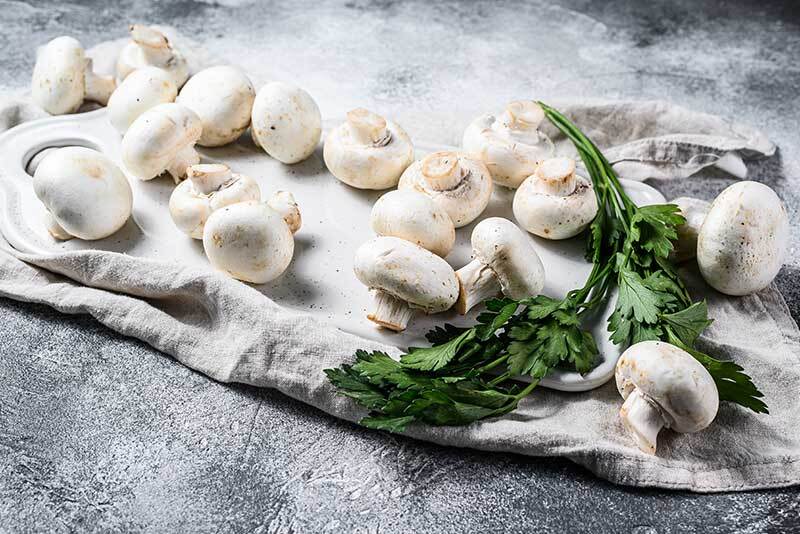Imagine eating a meal that looks like a rainbow on your plate. Sounds fun, right? Not only is it fun, but it’s also super healthy! Eating colourful fruits and vegetables can make you stronger and boost your energy. Scientists say that the more colours you eat, the more nutrients your body gets. Want to know how a colourful diet can keep you feeling great? Keep reading to find out how you can make your plate as vibrant as a spring garden and as exciting as your favourite superhero movie!
Why should one opt for a colorful and balanced diet?
Those fresh spring flowers or like that action-packed superhero movie, some things are just better in colour. And your diet is no different. Packing your plate with various colourful veggies and fruits is a proven way to arm your immune system with powerful nutrients.
Simply put, eating a colourful diet involves eating veggies and fruits of different colours every day and in each meal. Plants contain different phytonutrients or pigments which give them their colour. Different-colourful veggies, fruits, and herbs are associated with specific nutrients and health benefits.
Almost all studies show that regularly eating colourful foods leads to healthy diets with no downsides. By combining various colours in your diet, you’re giving your body an array of minerals, vitamins, and phytochemicals to benefit your health.
Colourful Diet Breakdown
Each colour represents a different set of nutrients and phytochemicals that may benefit your health. The following sections detail sample foods, their main vitamins, phytonutrients, minerals, and the health benefits of a colourful diet.
Note: When it comes to minerals and vitamins, levels can vary for each vegetable, fruit, or herb.
1. Red and Dark Red

Fruits and Veggies
- Beets: Rich in nitrates, beets can help improve blood flow and lower blood pressure.
- Tomatoes: High in lycopene, which is linked to reduced risk of heart disease and cancer.
- Watermelon: Contains citrulline, which may improve blood flow and reduce muscle soreness.
- Pink guava: Loaded with vitamin C and fibre, supporting immune function and digestion.
- Grapefruit: High in vitamins A and C, beneficial for skin health and immune support.
Health Benefits
- Anti-inflammatory
- Support athletic performance through increased oxygen uptake in the body
- Antioxidants
- May decrease the risk of high blood pressure
- May benefit heart health
- Reduce your risk of certain cancers
- May reduce sun-related skin damage
2. Orange and Yellow

Fruits and Veggies
- Carrots: High in beta-carotene, which supports eye health and immune function.
- Sweet potatoes: Rich in vitamins A and C, promoting skin health and boosting immunity.
- Mangoes: Packed with vitamins A, C, and E, beneficial for skin health and immune function.
- Yellow peppers: High in vitamin C and carotenoids, supporting immune health and reducing inflammation.
- Pineapple: Contains bromelain, an enzyme that aids digestion and reduces inflammation.
- Bananas: High in potassium, which helps regulate blood pressure and heart function.
- Pumpkin: Rich in beta-carotene and fibre, supporting eye health and digestion.
- Winter squash: High in vitamins A and C, promoting skin and immune health.
- Orange: Loaded with vitamin C, supporting immune function and skin health.
- Corn: High in fibre and antioxidants, promoting digestive health and reducing inflammation.
Health Benefits
- Anti-inflammatory
- May lower your risk of cancer
- Antioxidant
- May benefit heart health
- Supports eye health
3. Green

Fruits and Veggies
- Spinach: Rich in iron and calcium, supporting bone health and oxygen transport.
- Kale: High in vitamins K and C, promoting bone health and immune function.
- Broccoli: Contains sulforaphane, which may reduce the risk of cancer.
- Green cabbage: High in vitamins C and K, supporting immune function and bone health.
- Green apples: Rich in fibre and vitamin C, promoting digestive health and immune function.
- Kiwi: Loaded with vitamins C and E, supporting immune health and skin health.
- Pears: High in fibre and vitamin C, supporting digestive health and immune function.
- Olives: Rich in healthy fats and antioxidants, promoting heart health and reducing inflammation.
- Brussels sprouts: High in vitamins C and K, supporting immune function and bone health.
Health Benefits
- Anti-inflammatory
- Antioxidant
- Reduce your risk of heart disease and cancer
4. Blue and Purple

Fruits and Veggies
- Blackberries: High in vitamins C and K, supporting immune health and bone health.
- Grapes: Rich in resveratrol, which may support heart health and reduce inflammation.
- Red/Purple cabbage: High in vitamins C and K, promoting immune function and bone health.
- Eggplant: Contains nasunin, an antioxidant that supports brain health.
- Plums: High in vitamins A and C, supporting skin health and immune function.
- Blueberries: Packed with antioxidants and vitamins C and K, promoting brain and heart health.
- Elderberries: High in vitamins C and A, supporting immune health and reducing inflammation.
Health Benefits
- Anti-inflammatory
- Antioxidant
- May lower your risk of neurological disorders
- May reduce your risk of certain cancers
- May improve brain function
- Benefit heart health
- Reduce your risk of type 2 diabetes
5. White and Brown

Fruits and Veggies
- Cauliflower: High in fibre and vitamins C and K, supporting digestion and bone health.
- Garlic: Contains allicin, which may support heart health and reduce inflammation.
- Leeks: Rich in vitamins A and K, promoting eye health and bone health.
- Rice: High in carbohydrates, providing energy and supporting brain function.
- Sugar: Quick source of energy, but should be consumed in moderation.
- White beans: High in fibre and protein, promoting digestive health and muscle growth.
- Cashews: Rich in healthy fats and magnesium, supporting heart health and bone health.
- Sesame seeds: High in healthy fats and calcium, promoting heart health and bone health.
- Onions: Contain quercetin, an antioxidant that may reduce inflammation and support heart health.
- Mushrooms: High in vitamins D and B, supporting bone health and energy metabolism.
- White potatoes: Rich in potassium and vitamin C, supporting heart health and immune function.
Health Benefits
- Anti-inflammatory
- Antioxidant
- Decrease the risk of cancers like colon
- Benefit heart health
How to plan a healthy and colorful meal?
The great thing about eating the top colourful foods is that they’re easily accessible and yummy too.To prepare a healthy meal, try to incorporate two to three different colourful veggies and fruits at every meal and at least one snack. However, you don’t have to eat every colour every day. Here are some ideas on how to create a healthier diet.
Breakfast
- Besan chilla with spinach, mushrooms, and orange bell peppers
- Smoothie with banana, mangoes, etc.
- Yogurt bowl with berries, kiwi, honey, and strawberries
- Sandwich with vegetables and herbs like tomato, leafy greens, chilly, and avocado
Lunch or Dinner
- A mixed salad with green cabbage, lettuce, apple, cucumbers, shredded carrots, red pepper, and cherry tomatoes paired with a protein source (e.g., chickpeas, kidney beans)
- Roasted sweet potatoes, Brussels sprouts, and garlic
- Homemade soup with tomatoes, chopped carrots, onion, garlic, white potatoes or parsnip, and kale.
Snacks
- Apple, banana, grapes salad
- Peanut butter sandwich
- A green smoothie or juice
- Blueberries and yogurt
- Broccoli, carrots, and dip
- Mango slices
- Celery and melted cheese
The bottom line
Imagine watching the same movie every day three times. Things would get boring, right? And think of all the good references you’d miss out on! The point is, in both pop culture and nutrition, variety is just more fun. Remembering to eat a colourful diet every day is a great and simple way to make sure you’re getting all the essential nutrients into your diet.
To try eating the rainbow food, work toward adding at least two or three colourful veggies and fruits to each meal and at least one or two to each snack. Colourful foods together make healthy diets by ensuring you’re eating a few coloured fruits or vegetables at each meal; you’re setting yourself up for good health by including essential nutrients, vitamins, minerals, and antioxidants.

Priyanka Khurana Goyal is a prominent Indian figure renowned for her diverse accomplishments and contributions across various fields.. Read more


